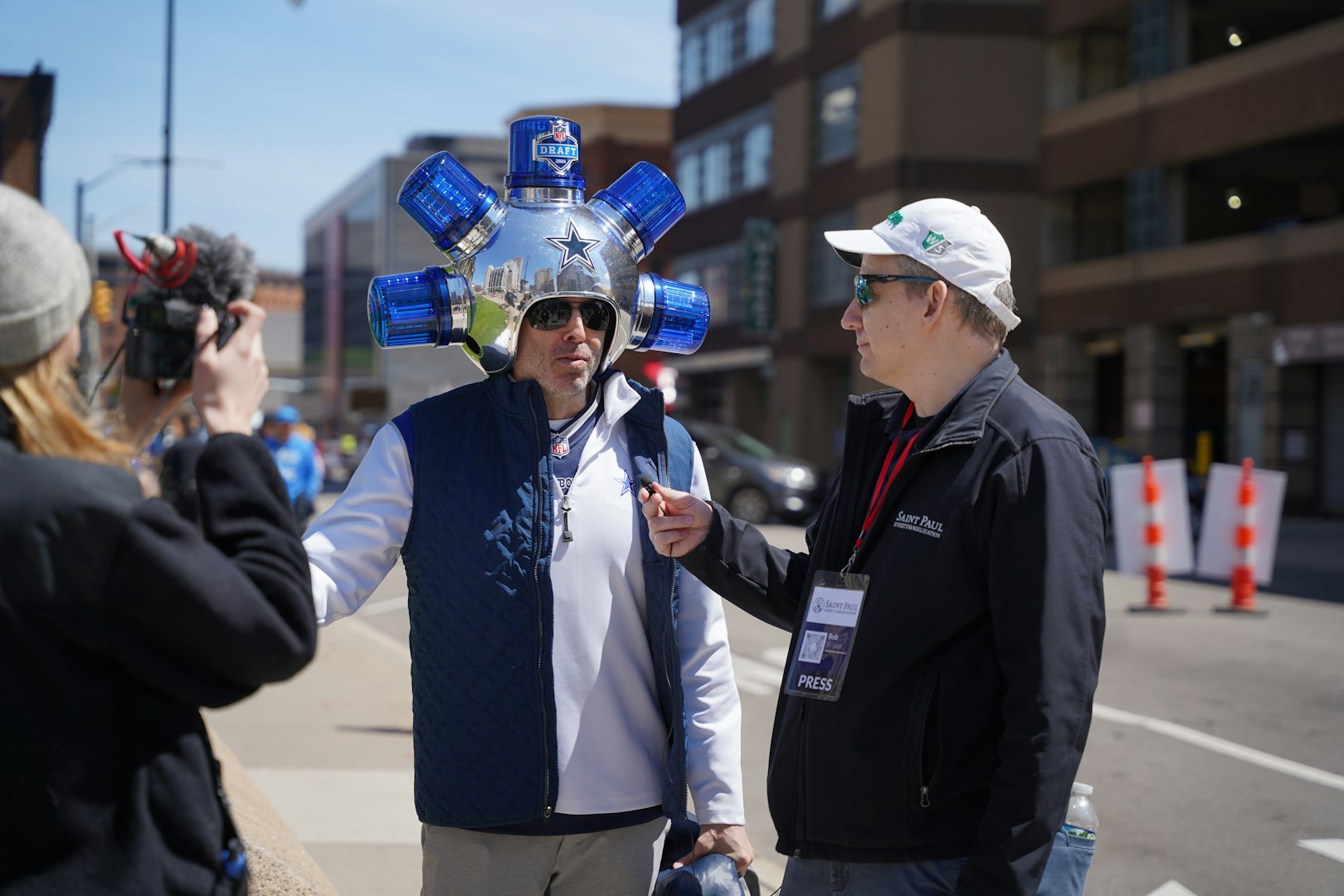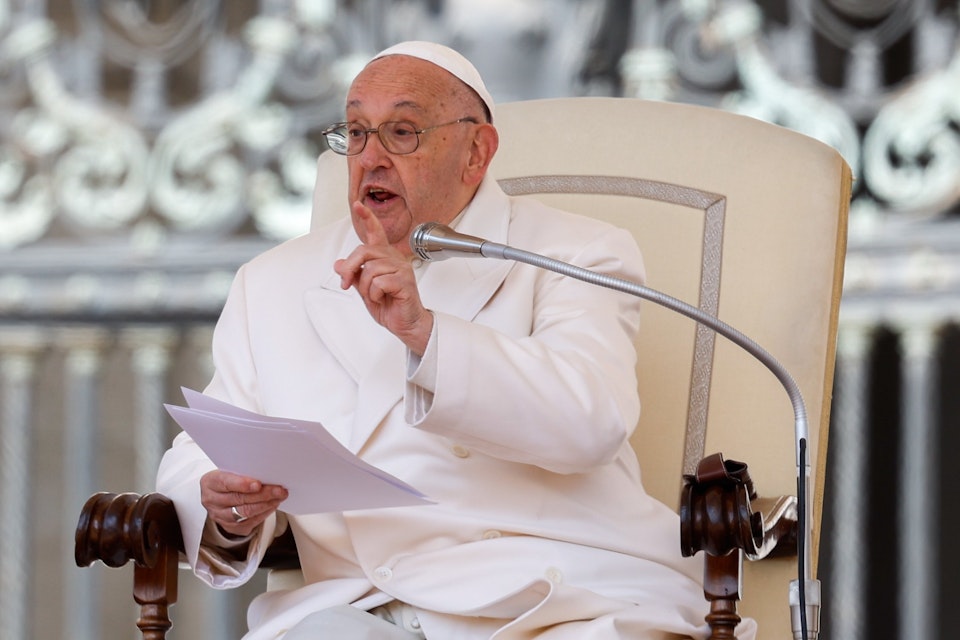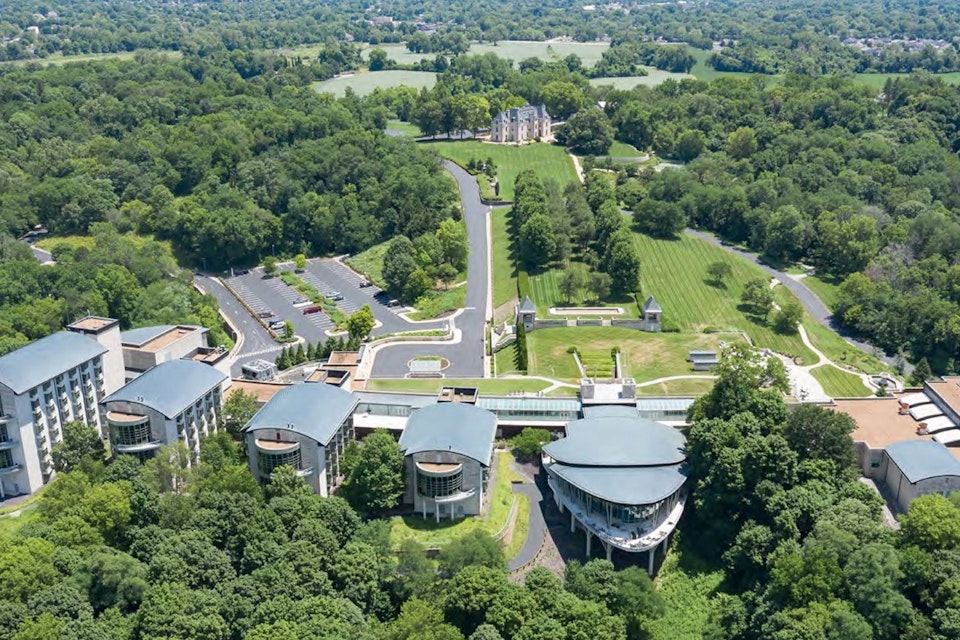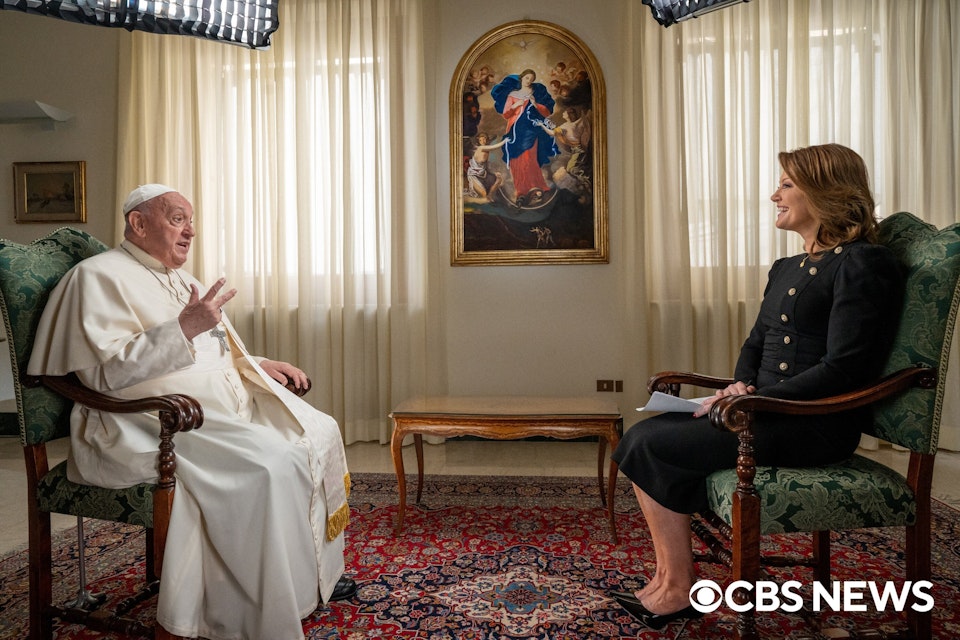Newly created Marygrove Conservancy to remain steward of 53-acre campus, site of bold, new educational partnership
DETROIT — Marygrove College, one of three Catholic institutions of higher learning in Detroit, announced it will permanently close its doors after the fall 2019 semester.
The announcement of the closure of the 92-year-old college comes on the heels of a two-year project in which Marygrove dramatically scaled back its operation by cutting its 35 undergraduate programs in an effort to stay viable.
“Marygrove’s grand experiment to transition to graduate-only studies was a brave and bold attempt to continue to serve students,” Marygrove president Elizabeth Burns, Ph.D., said in a statement Wednesday. “However, intensive marketing and recruitment efforts have failed to attract enough students. Coupled with a heavy debt burden, the low enrollment numbers provide insufficient revenue to continue operations into the future.”
Despite those efforts, Marygrove had just 305 students enrolled in its seven graduate and professional development programs — far below the number needed to sustain the college’s future, Burns said.
Sr. Mary Jane Herb, IHM, president of the Sisters, Servants of the Immaculate Heart of Mary, sponsors of Marygrove College and its predecessor, St. Mary’s College, which was founded in 1905 in Monroe as a women’s only higher education institution, said despite the sad news, Marygrove is committed to walking with those affected by the closure.
“We hoped and prayed that this announcement would never have to be made,” Sr. Herb said. “Since the founding of the College in Monroe in 1905 and for the past 92 years, we have been proud of the educational program that Marygrove College offered in the city of Detroit. We are committed to working with the administration of the College to assist the students, faculty and staff during this difficult transition. The IHM congregation is grateful to the alums of Marygrove and all who have been part of the rich history of the College for more than nine decades in Detroit.”
For students close to earning their degrees, Marygrove has a pending “teach-out” agreement with Oakland University, which would allow students within one year of completing their degrees to do so at Oakland, while also receiving financial aid counseling and academic advising.
Burns added Marygrove will offer employment counseling for faculty and staff to assist with their transition to find other employment.
Marygrove’s closure leaves just two Catholic institutions of higher learning in the city of Detroit: nearby University of Detroit Mercy and Sacred Heart Major Seminary. Also in the Archdiocese of Detroit is Livonia-based Madonna University.
Despite the decision to close the college, Marygrove’s campus is undergoing rebirth as a new “cradle-to-career” educational partnership involving the Kresge Foundation, the University of Michigan and Detroit Public Schools takes shape. In September 2018, the Kresge Foundation announced a $50 million commitment to create what was termed a “P-20 campus” that would include a K-12 public school, early childhood center and teaching residency program through U of M.
Plans for the one-of-a-kind educational campus will still move forward, said John Cavanaugh, Ph.D., chairman of Marygrove’s board of trustees.
“Though the Board’s decision to close the College permanently was the most difficult in its history, we are proud that our legacy of education and activism in the city of Detroit will endure and is already bearing fruit with the start of the new Detroit public high school, ‘The School at Marygrove,’ beginning in September and the forthcoming groundbreaking for the new early childhood education center on the Marygrove campus,” Cavanaugh said.
Earlier in 2018, Kresge had committed $16 million to help stabilize operations and restructure debt at Marygrove, which was $25 million in debt with a $20 million operating budget, according to a Detroit Free Press report.
In light of such challenges, the foundation partnered with the IHM Sisters to create a new legal entity, the Marygrove Conservancy, to which the 53-acre campus was deeded. The conservancy, formulated according to the IHM Sisters’ values, was charged with identifying community partnerships and finding ways to preserve the historic and stately northwest Detroit campus as a center for urban education.
“We owe an enormous debt of gratitude to our sponsors, the IHM sisters, for their decades of financial and moral support, and prayers. We have seen our alumni make a positive impact on our world by living out the values of this amazing College,” Cavanaugh said.
“I speak for my colleague trustees when I say that, despite this decision, we are proud that we will see the educational mission of the IHM Sisters continue on this campus through the Marygrove Conservancy and its partnership with The Kresge Foundation, Detroit Public Schools Community District, Starfish Family Services, University of Michigan’s School of Education, and IFF, a mission-driven developer that creates opportunities for low-income communities and people with disabilities,” Cavanaugh continued.
With the Marygrove Conservancy still in charge for the care of the campus, four IHM Sisters will continue to live on campus, and Marygrove's Sacred Heart Chapel will continue to host the St. Peter Claver Parish community, which has been celebrating Mass there since November 2017, after structural concerns regarding the roof at the parish's northwest Detroit church displaced the congregation.
A Mass Mob planned for 10 a.m. June 23 at the chapel will still take place.
Founded in 1905 in Monroe as St. Mary’s College by the Sisters, Servants of the Immaculate Heart of Mary, the college moved to Detroit in 1927, where it became known as Marygrove College. Originally founded as a women’s only institution, Marygrove welcomed its first coed classes in 1970.
The college was also on the front-lines of the desegregation movement when, in 1938, it accepted its first African-American student. In 1968, Marygrove garnered headlines for its “68 for ‘68” movement, which brought 68 African-American students to study at Marygrove in the midst of rising racial tension across the country.
Consistent with the IHM Sisters’ values of social justice and community participation, Marygrove’s campus will continue to offer the college’s acclaimed Contemporary American Authors Lecture Series, and programs such as the Institute for Detroit Studies and Institute for Music and Dance will continue through the end of 2019, with plans in the works to sustain those programs for the future.
“As a partner in the P-20 initiative, we undertook something very courageous and novel, one that involved a certain amount of ‘letting go,’” said Burns, who has been Marygrove’s president since 2016. “Now, we are being asked to move further along the path of that ‘leap of faith’ into the future. The path of what P-20 urban education can and should be is still unfolding. I have confidence that ‘the dream will continue’ even though it does entail another ‘letting go.’
“Those of us who love Marygrove will be helped in coming to grips with this decision knowing that the Sisters’ mission of education will continue on in this special place,” Burns added. “This is indeed an incredibly sad and heartbreaking day for everyone: Marygrove, higher education, our alumni, students, faculty, staff, our neighbors and the city of Detroit. But the spirit of those who came before will imbue the Marygrove values in those who come after.”
Staff writer Dan Meloy contributed to this story.










